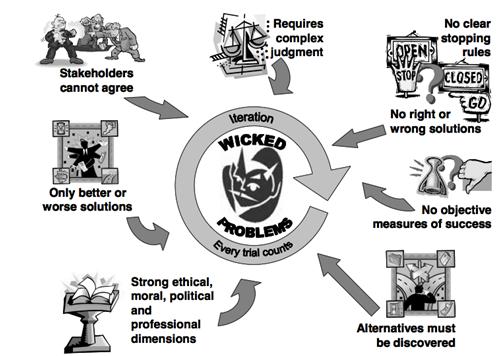Two years ago (10-11 March 2014) Romania was hosting in cooperation with the European Commission the conference “Keeping Young People in Employment, Education and/or Training: Common challenges – Shared Solutions”.
The main aim of the whole meeting being to enhance cooperation and exchange good practices in education, training and employment that can lead to efficient early public interventions for supporting young people in NEET situations.
Two years later, the situation hardly shows any improvements, the European Youth Guarantee Scheme overall doesn’t show clear results, while countries like Romania didn’t even make it functional.
In 2014, when I was still acting as the President of the National Youth Council, I was advocating for investing in NGOs, youth workers and community services, everything that would have a concrete impact for the young NEETs and would reach them in the very places they live in.
 But since nowadays, those ideas are still “wishing thoughts” is important to look back at the presentation of Bob Coles, “NEET as wicked social problem“, because behind numbers NEET is not the same as Youth Unemployment, it’s much more.
But since nowadays, those ideas are still “wishing thoughts” is important to look back at the presentation of Bob Coles, “NEET as wicked social problem“, because behind numbers NEET is not the same as Youth Unemployment, it’s much more.
What is a “Wicked social problem”?
NOT – evil or bad; or simply “cool” BUT
“A wicked problem is a social or cultural problem that is difficult or impossible to define and sometimes difficult or impossible to solve” (EXAMPLES – climate change, flooding, poverty, …. and NEET).
And while is much easier to define boxes that you can check, if you want to find a real solution it’s important to remember that NEET is:
- Complex and multi-factorial (NOT a single issue)
- No single cause (complex multi-causal)
- Requiring disaggregated and multiple solutions
- Likely to require partnership arrangements (and alliances between different agencies) to have any significant impact
- Likely to be fairly intractable and require a commitment to complex and long-term interventions
In our endeavor to contribute to this issue we’ve initiated the NGO Coalition for the Rights of Young NEET – an initiative which started in Romania in 2015, but which should continue and be expanded European wise, if we honestly want change the situation of the the young people in these situations!
Furthermore we’ve developed a quality research, having at it’s core 22 study cases of young people in NEET situations “Social Costs of Young People in NEET Situations, a Romanian Overview”, and while is good to have common measures (like the European Youth Guarantee) and learn from shared experiences, we definitely need a local “tailored approach” to ensure cost-effectiveness of the the proposed measures.
For all this we need to invest in more quality research all over-Europe, to better understand the specific realities of young NEETs and understand who are the most suitable actors to work for them!
Looking forward to initiatives where Social Justice and Young NEETs are more than “political talks”.









